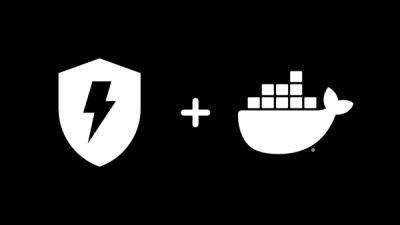fx
A non-interactive, JavaScript version of the fx.
Short for Function eXecution or f(x).
npm i -g fx
Or use npx:
cat file.json | npx fx .field
Or use deno:
cat file.json | deno run -A npm:fx .field
Usage
Fx treats arguments as JavaScript functions. Fx passes the input data to the first
function and then passes the result of the first function to the second function
and so on.
echo '{"name": "world"}' | fx 'x => x.name' 'x => `Hello, ${x}!`'
Use this to access the input data. Use . at the start of the expression to
access the input data without a x => x part.
echo '{"name": "world"}' | fx '.name' '`Hello, ${this}!`'
Use other JS functions to process the data.
echo '{"name": "world"}' | fx 'Object.keys'
Stream processing
Fx can process a stream of json objects. Fx will apply arguments to each object.
echo '{"name": "hello"}\n{"name": "world"}' | fx '.name'
If you want to process a stream of json objects as a single array,
use the --slurp or -s flag.
echo '{"name": "hello"}\n{"name": "world"}' | fx --slurp '.map(x => x.name)' '.join(", ")'
Raw input
If you want to process non-JSON data, use the --raw or -r flag.
ls | fx -r '[this, this.includes(".md")]'
You can use --raw and --slurp (or -rs) together to get a single array of strings.
ls | fx -rs '.filter(x => x.includes(".md"))'
Fx has a special symbol skip for skipping the printing of the result.
ls | fx -r '.includes(".md") ? this : skip'
Built-in functions
Fx comes with a set of useful functions: uniq, sort, groupBy, chunk, zip.
cat file.json | fx 'uniq' 'sort' 'groupBy(x => x.name)'
Edit-in-place
You can use special function save to edit-in-place the input data.
fx file.json 'x.name = x.name.toUpperCase(), x' 'save'
The edited data will be saved to the same file.json file.
Syntactic Sugar
Fx has a shortcut for the map function. Fox example, this.map(x => x.commit.message)
can be rewritten without leading dot and without x => x parts.
curl https://api.github.com/repos/antonmedv/fx/commits | fx 'map(.commit.message)'
echo '[{"name": "world"}]' | fx 'map(`Hello, ${x.name}!`)'
Fx has a special syntax for the flatMap function. Fox example,
.issues.flatMap(x => x.labels.flatMap(x => x)) can be rewritten in the next way.
curl https://fx.wtf/example.json | fx '.issues[].labels[]'
.fxrc.js
Fx supports .fxrc.js file in the current directory, or in the home directory, or in XDG config directory.
Put the next code in the .fxrc.js file to make myFunction available in the fx.
function addOne(x) {
return x + 1
}
Now you can use addOne in the fx.
echo '1' | fx addOne
If you would like to create global variables use var instead of let or const.
License
MIT



